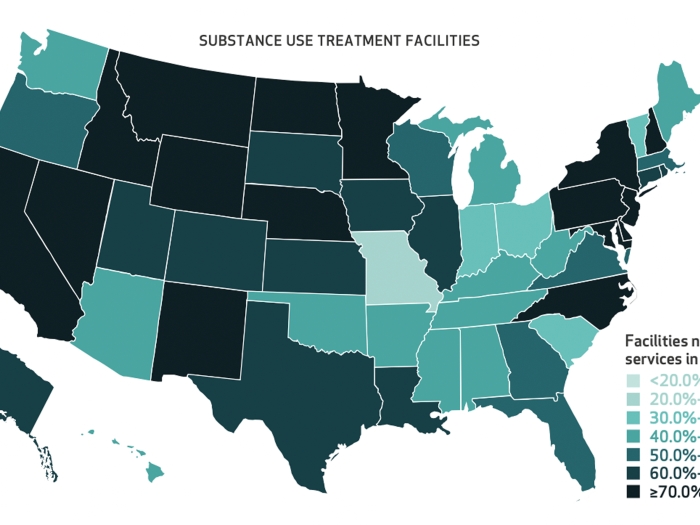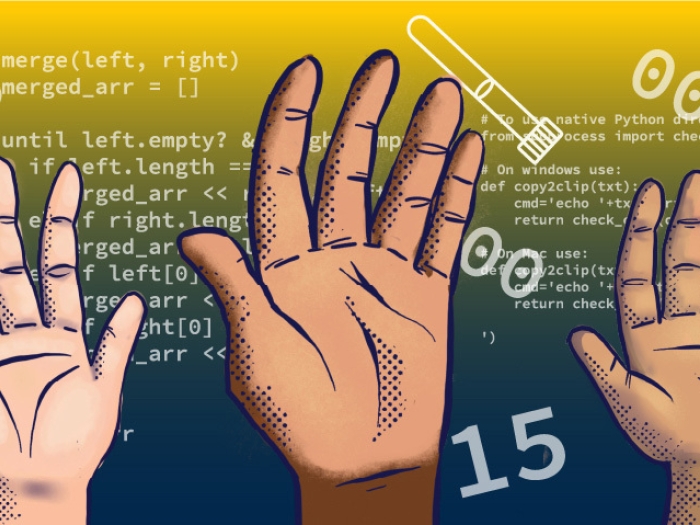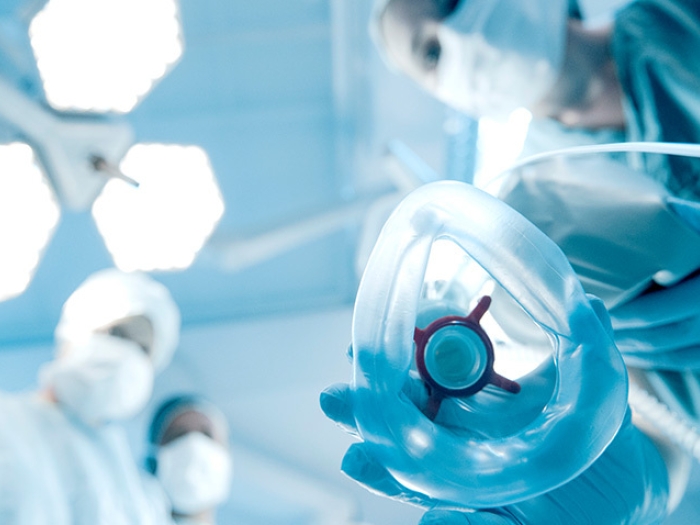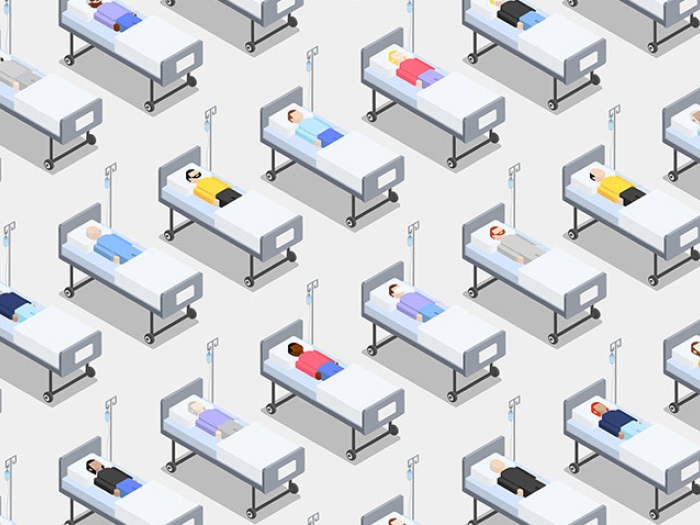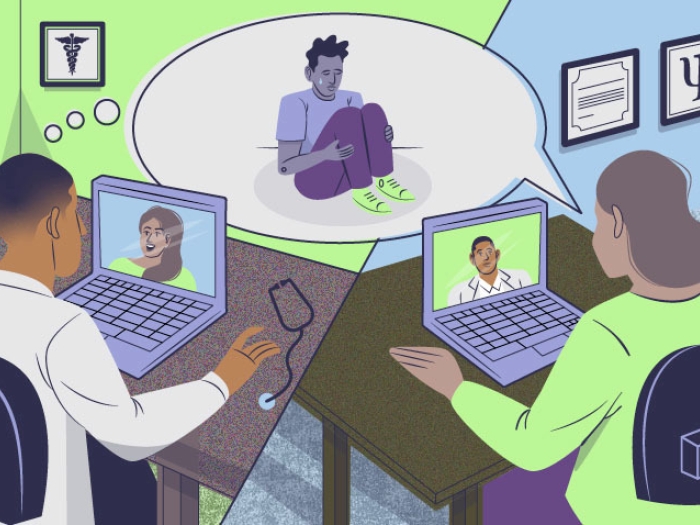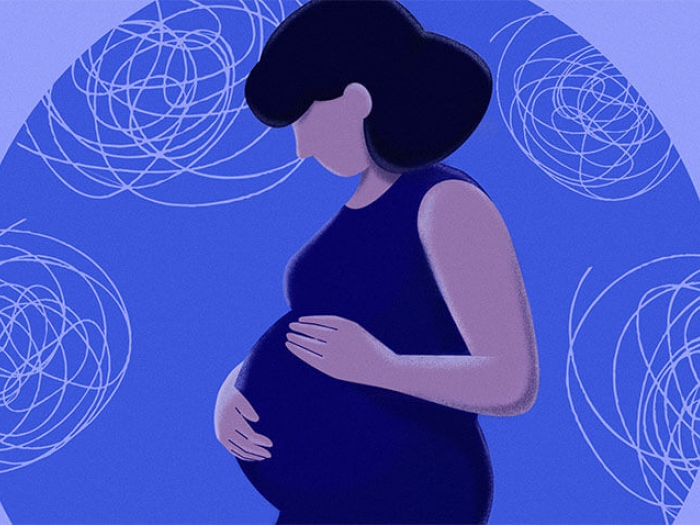Doctors find their calling in many different ways. Michigan Medicine physicians reflect on the paths that led to their profession
6:00 AM
Author |
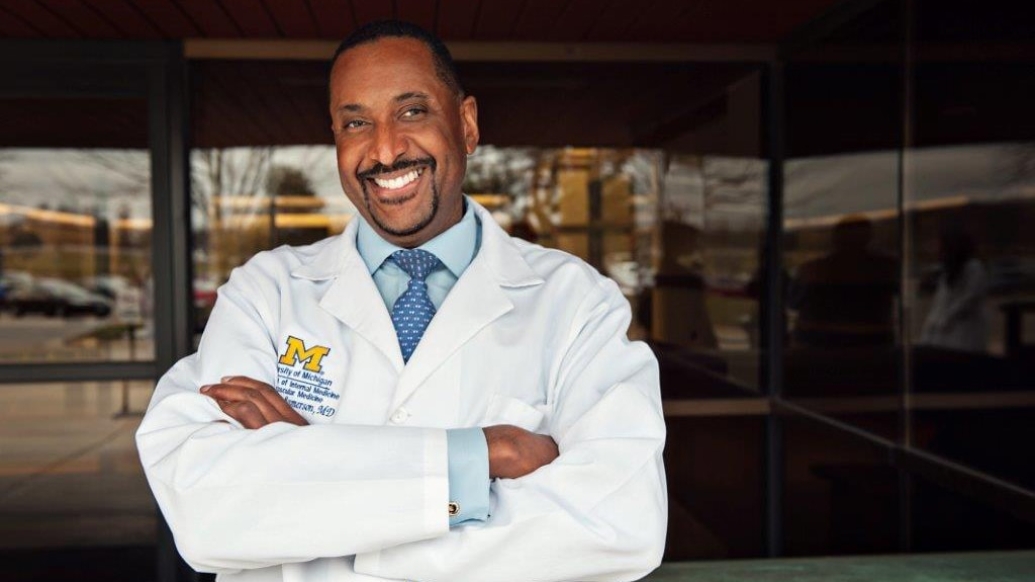
This article was updated on June 27, 2023.
For the men and women who dedicate themselves to the pursuits of wellness, research and compassion for others, medicine is a calling.
MORE FROM THE LAB: Subscribe to our weekly newsletter
It's a career nothing short of demanding, a job requiring intense schooling, constant training and a chaotic schedule — not to mention a heavy dose of tenacity and patience.
Whether a practitioner works in a hospital, a clinic, a laboratory or in the classroom, the challenges and rewards of this lifelong journey are plentiful.
Recently, Michigan Medicine asked some of its practitioners from varying disciplines to share their personal experiences and influences that led them into the profession.
Here are a few of their stories:
Erica Marsh, M.D.
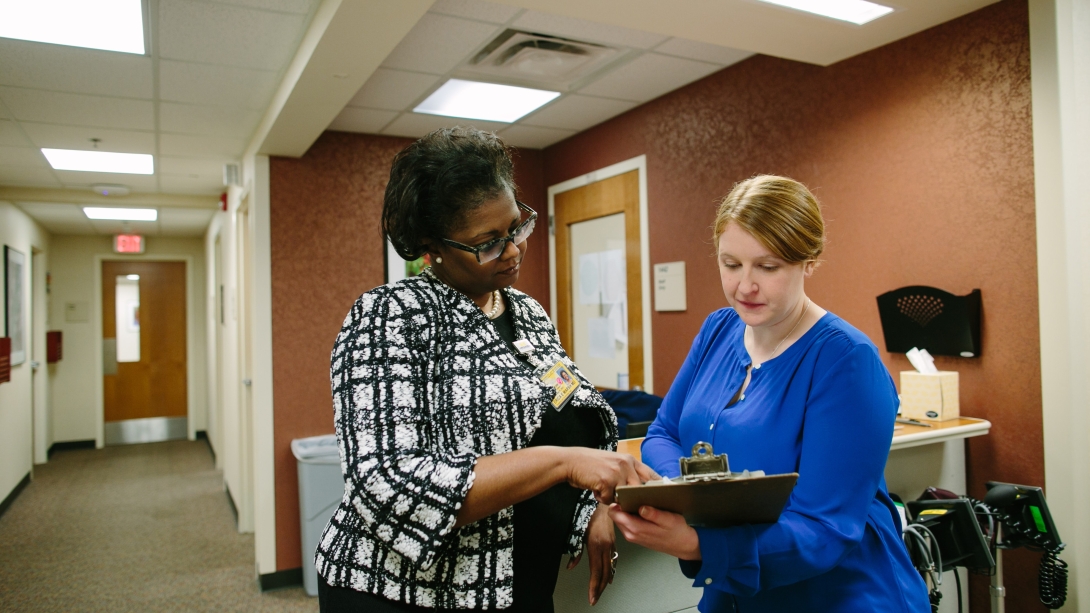
"My decision to become a doctor was driven largely by values instilled in me by my faith and my family. The idea of being a part of a profession focused on helping others regardless of circumstance, focused on facilitating people leading healthier and therefore happier lives … I can't imagine a more fulfilling job."
Marsh is a professor of obstetrics and gynecology and an OB-GYN in the Department of Obstetrics and Gynecology.
Jacqueline Jeruss, M.D., Ph.D.
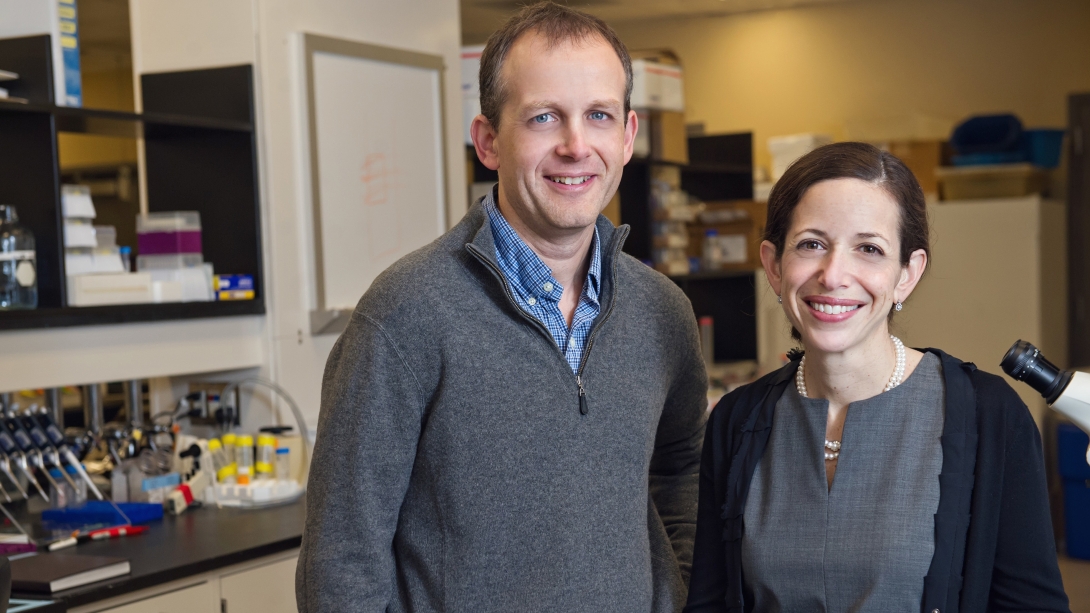
"Being a doctor was, for me, the ultimate opportunity to help others. As a surgeon, I can have an immediate positive impact on the care of patients with cancer. Working towards improved cancer treatments with my husband, professor Lonnie Shea, provides ongoing hope and optimism that the diseases we are studying may one day be cured."
Jeruss is an associate professor of surgery, pathology, and biomedical engineering and a surgical oncologist in the Department of Surgery.
Nicholas Osborne, M.D.
"When I decided to be a doctor, I never really quite understood what it meant. I wouldn't have predicted the amazing highs of directly impacting someone's life, nor the deep lows when a patient did poorly. Every day, it's a gift to have the opportunity to care for patients in their most vulnerable times. Despite the stress, long hours away from home and family, I could never imagine a different career."
Osborne is an associate professor of vascular surgery and a vascular surgeon in the Department of Surgery.
Edward Hurvitz, M.D.
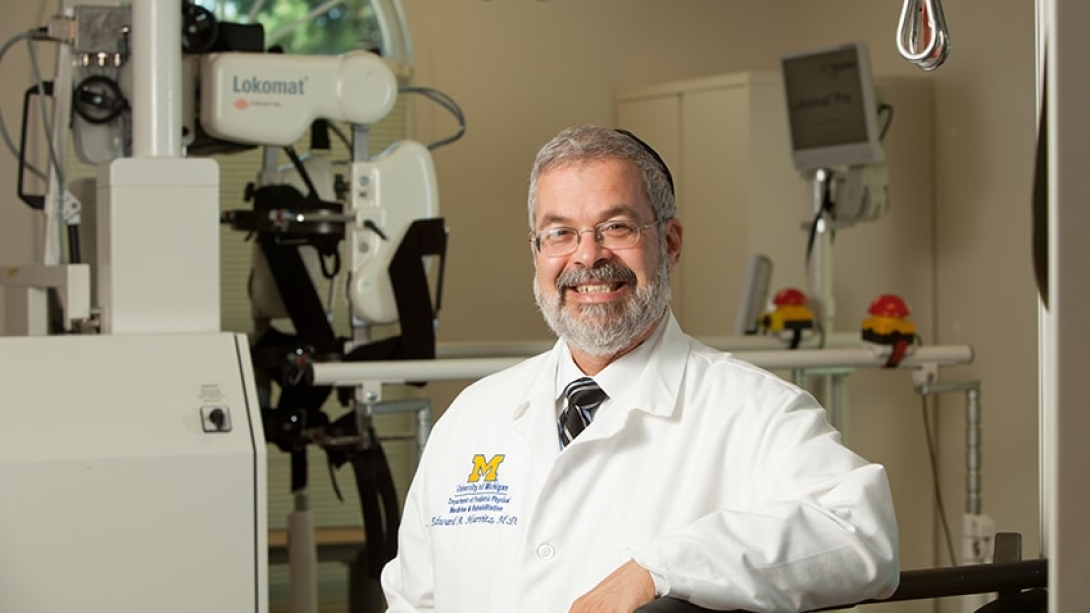
"In my field of physical medicine and rehabilitation, we use the knowledge of biology, biomechanics, physics and even psychology to help people achieve the highest quality of life, despite a variety of challenges. I've always found the working of the human body fascinating, and I knew I would enjoy using my knowledge of it to help others. I haven't been disappointed, and I find every patient a welcome challenge."
Hurvitz is a professor of physical medicine and rehabilitation and a physiatrist in the Department of Physical Medicine & Rehabilitation.
George Mychaliska, M.D.
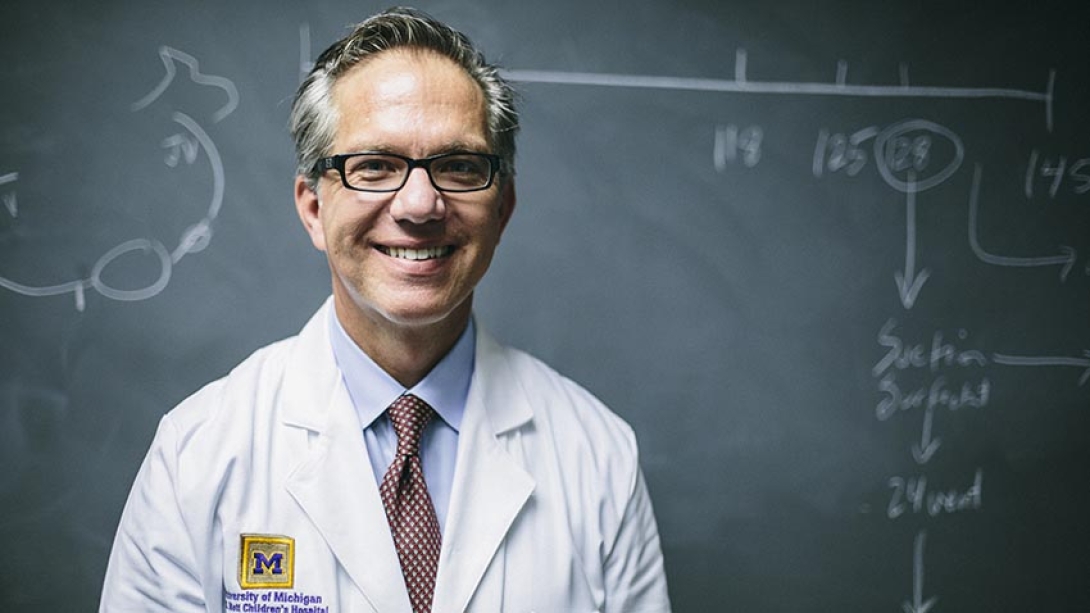
"I became a pediatric and fetal surgeon because I love children and I had amazing and inspirational mentors. Fifteen years later, it continues to be a great joy and a privilege to help the tiniest of patients."
Mychaliska is the Robert Bartlett, MD Collegiate Professor of Pediatric Surgery and a pediatric surgeon in the Department of Surgery Section of Pediatric Surgery.
Peter Arvan, M.D., Ph.D.
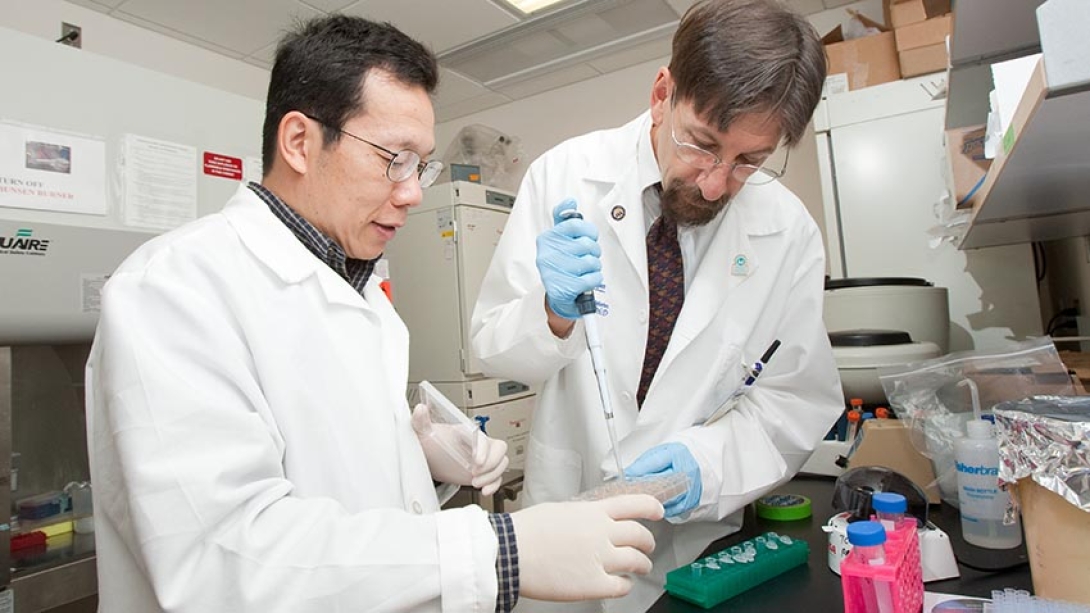
"I recently had a chance to see a patient who first came to me in a serious health crisis a few years ago. The patient does not speak English and, unfortunately, my ability to speak the patient's native language is nonexistent. But I, and other doctors here at U-M, understood the patient's medical problems. Through an interpreter and with love and help from the patient's family, we were able to guide the patient through much needed medical procedures. Today, the patient is well. After indicating how happy I am for the patient, we had a hug that transmitted the essence of the doctor-patient relationship. No words are needed to explain why I wanted to become a doctor."
Arvan is a William K. and Delores S. Brehm Professor of Type 1 Diabetes Research and an endocrinologist in the Department of Internal Medicine Division of Metabolism, Endocrinology & Diabetes.
Tammy Chang, M.D.
"I'm passionate about helping youth reach their potential and live their best lives. As a doctor and researcher, I have the honor of partnering with communities to find ways to solve the everyday problems that make leading a healthy life so hard. The incredibly strong and resilient young adults I work with every day are why I became a doctor."
Chang is an associate professor of family medicine and a physician in the Department of Family Medicine.
Michael Rice, M.D.
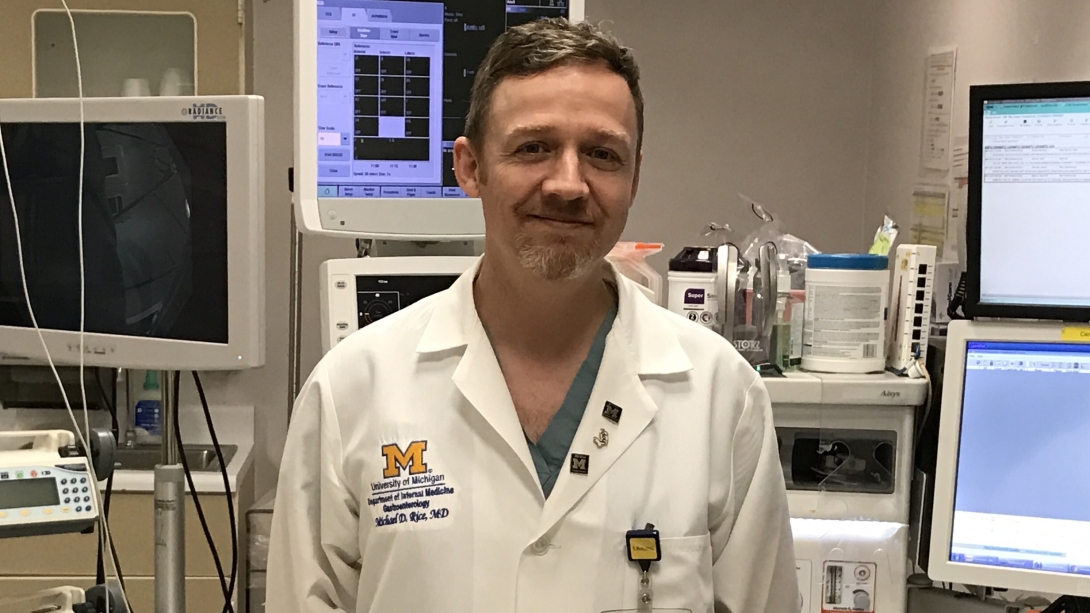
"It was a desire to serve others that ultimately drove my decision to become a physician. This sense of calling was reinforced early in my medical training when I first had the opportunity to care for and emotionally connect with patients. I think of my mentors over those years who not only taught me the art and skills of medicine, but more importantly how to be a doctor.
"My passion to serve was later reinforced as an Air Force physician. Caring for ill and injured servicemen and servicewomen was among the most humbling yet rewarding experiences in my life. Here at Michigan Medicine, as a subspecialty physician and a medical director, I have been able to expand my opportunities to connect with patients and families during their most vulnerable times.
"Each time I work closely with young doctors and medical students, I am again reminded of my initial motivation to become a doctor. Their joy, passion and desire to serve others inspires me."
Rice is an associate professor of gastroenterology and a gastroenterologist in the Department of Internal Medicine.
Aditya Pandey, M.D.
"I became a doctor because I enjoy caring for people. This was further solidified when I understood that medical translational research has direct impact on we the patients. This concept of working on a medical problem whose solution would lead to better health for individuals is extremely satisfying."
Pandey is a professor of neurosurgery, radiology, and otolarynology and a neurosurgeon in the Department of Neurosurgery.
Matthew Lorincz, M.D., Ph.D.
"I became a doctor because I wanted to make a difference in people's lives. Being a neurologist at Michigan NeuroSport is helping me accomplish that goal."
Lorincz is a professor of neurology and a neurologist in the Department of Neurology.
Kenneth Jamerson, M.D.
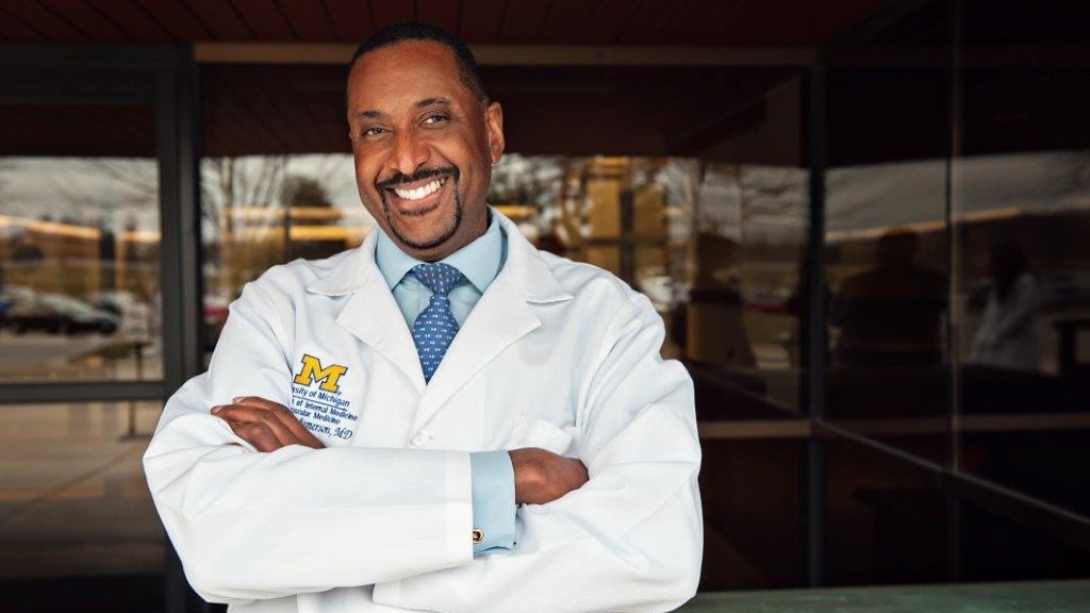
"I grew up in Detroit and was aware of the challenging health care situation there, along with the striking prevalence of hypertension in the community and in my own family. These factors motivated me to pursue hypertension research."
Jamerson is a professor of internal medicine and an internist and hypertension specialist in the Department of Internal Medicine.
Ella Annabelle E. Kazerooni, M.D.
"Two words: curiosity and compassion. As far back as I can remember, I knew I was going to be a doctor. It's shaped by experiences and hard to put into words. My parents were the first medical professionals in their families — mom a midwife and dad a surgeon. They immigrated to the U.S. when I was very young, and dad spent most of the next decade repeating his residency training as a surgical specialist. We moved a lot during those years.
"I was a shy, thin, nerdy kind of kid, and science and math seemed to draw me in. On Sunday mornings, dad would take me on rounds at the hospital. Throughout that time, they scrimped and saved to get by supporting three kids, prioritizing our education above themselves. They impressed upon me the virtues of hard work and commitment over personal gain and the privilege it was to help others. As a teenager, my dad's battle with pancreatic cancer was short lived.
"But it was as an undergraduate and medical student at U-M when I was exposed to facets of the academic medical profession for the first time that continue to energize me every day — innovation and scientific discovery, translation and dissemination of what we develop into widespread clinical practice to reach people whose lives may be touched … doing so with patients and families at the center of their decision making … and teaching the next generations of students about the miracles of every part of this journey so that they, too, can share in the excitement of the medical profession and being a doctor.
"Never stop being curious! Never stop showing compassion!"
Kazerooni is a professor of radiology and internal medicine, and radiologist in the Department of Radiology.
Sucheta Joshi, M.D.
"I'm the fourth generation of doctors in my family. Going to medical school felt natural to me. My family members and mentors in medical school and my love for children sparked my interest in pediatrics and pediatric neurology. The bond between children with neurological disorders, their families and the doctor makes it a very fulfilling field."
Joshi is a clinical professor of child neurology and pediatrics and a child neurologist in the Department of Pediatrics Neurology Division.
Courtney Lim, M.D.
"I have been interested in a career in women's health since college and I began medical school here at the University of Michigan with plans to become a OBGYN. I decided to become a minimally invasive gynecologic surgeon as I believe that, as surgeons, we have the duty and responsibility to offer the safest and least invasive options to our patients with the goal of improving patient outcomes with shortened recovery times."
Lim is an associate professor of obstetrics and gynecology and a minimally invasive gynecologic surgeon in the Department of Obstetrics and Gynecology.
Jeffrey Housner, M.D.
"Being a physician provides innumerable opportunities and the immense privilege to help better the lives of patients of all ages. As an academic physician, I am able to advance the field of medicine through scientific questioning and discovery."
Housner is an assistant professor of orthopaedic surgery, sports medicine and family medicine and a sports medicine specialist in the Department of Orthopaedic Surgery.
Edward Wojtys, M.D.
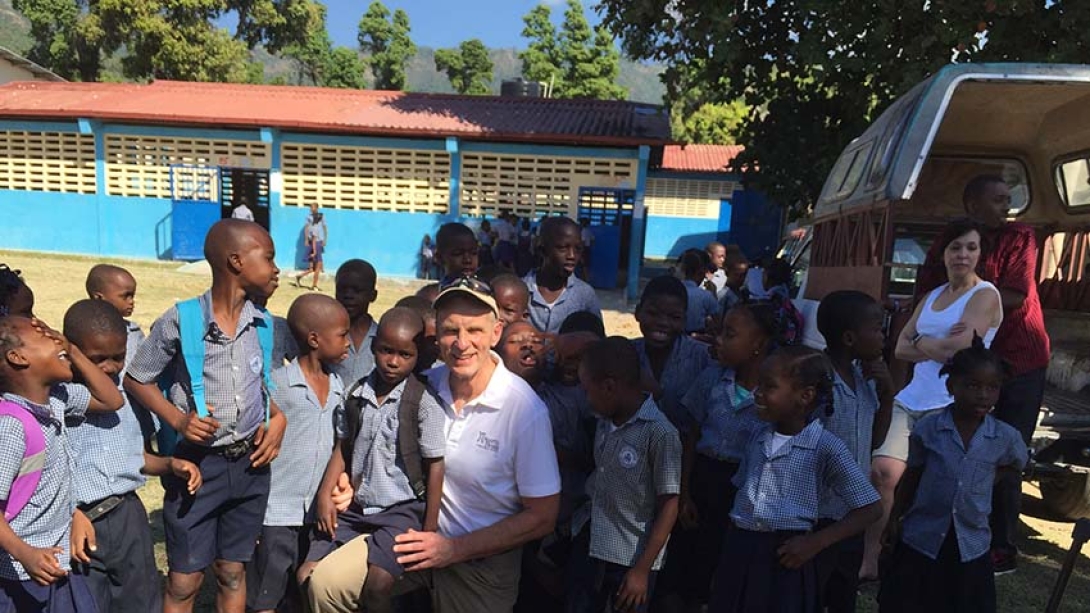
"I just enjoy working to help people."
Wojtys is a professor of orthopaedic surgery and sports medicine and an orthopaedic surgeon in the Department of Orthopaedic Surgery.
William D. Chey, M.D.
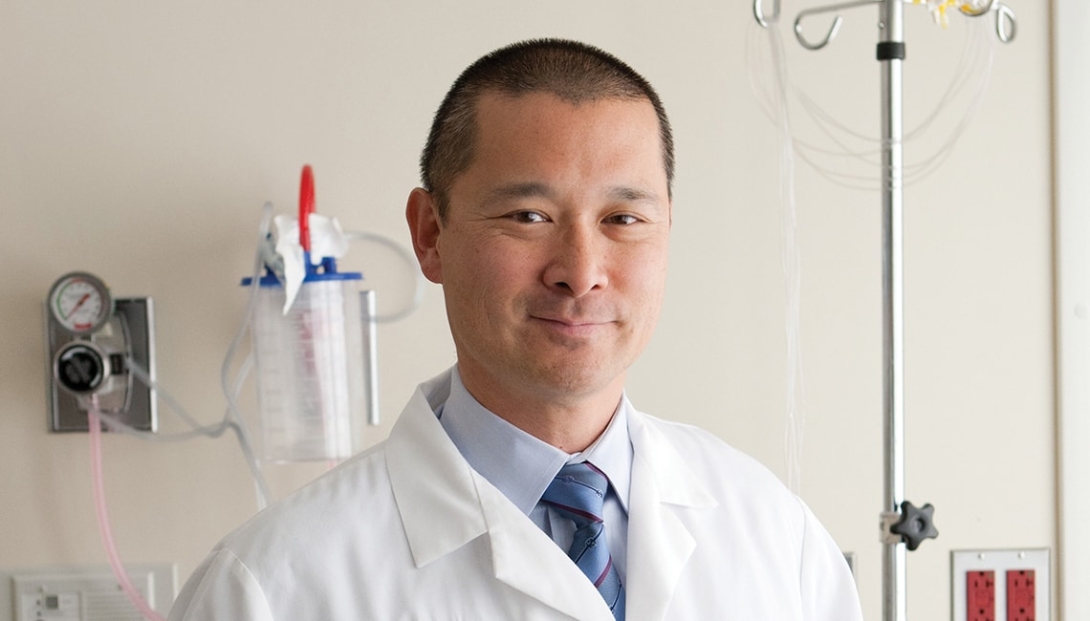
"It certainly wasn't always easy growing up as the son of a highly successful physician and scientist. My father was raised in Korea during the Japanese occupation of World War II. He was a strict disciplinarian and perfectionist with a 'right way' and 'wrong way' to do everything — from my homework to cutting the lawn. If I didn't get it right the first time, I did it again until I got it right. Though it was often hard, I have no doubt that my upbringing formed the foundation of my own work ethic, attention to detail and ability to prioritize and sacrifice to achieve an important goal.
"As a young man, I wasn't introspective enough to articulate the precise factors which drew me to a career in medicine. I remember being convinced that I was my own man, making my own decisions based upon my own life experiences. While the ability to integrate caring for those in need, a love of science and need for ongoing intellectual stimulation were durable themes which guided my career choice, it is only in retrospect that I realize how much my father provided the education and opportunities which helped me to choose a career in medicine.
"As the old saying goes, 'You can lead a horse to water, but you can't make him drink.' It took a while, but I eventually figured out the virtues of taking that drink.
"My father inspired me to pursue a career as a gastroenterologist in direct and indirect ways. Indirect ways included the passion and enthusiasm that was apparent whenever he spoke about being a physician and a scientist. Direct ways included shadowing him at work and incorporating me into his research laboratory as a preteen and adolescent. As a young boy, I often spent Saturdays rounding or working in my father's animal laboratory. I don't know of many 12- to 14-year-olds who were assisting in animal surgery and studying the effects of ethanol on the migrating motor complex (to clarify — in the animals).
"My career in medicine has been a rewarding experience. I'm primarily a doctor, and like to think that I positively impact the lives of my patients. At the same time, I take pride in conducting clinical research that shapes the way doctors care for patients with gastrointestinal disorders. Finally, I greatly enjoy my role as an educator and mentor. There is a certain point in most teaching interactions where the person you are working with 'gets it.' Experienced educators recognize these moments, and they provide the kind of positive reinforcement that keeps us coming back to work each day. I am clearly a much better mentor now than I was early in my career. It took time to figure out that a really good mentor takes at least as much pride in their mentee's achievements as their own.
"A 30-year career in medicine has taught me that understanding what makes one excited about getting up and going to work each morning is perhaps the most important consideration when choosing a career. Given how much time each of us spends at work, it only makes sense to pursue a career that provides happiness and fulfillment. I feel fortunate that I come home feeling happy and fulfilled many more days than not and live each day with the satisfaction that comes from knowing that I have made a difference in the lives of others."
Chey is a professor of internal medicine and a gastroenterologist in the Department of Internal Medicine.
Gary M. Weiner, M.D., FAAP
"I was actually studying political science until my junior year, when I switched to pre-med. I had a lot of catching up to do — and I actually still wasn't sure I'd found the right path until my second clinical rotation, which was in obstetrics and gynecology. I really enjoyed obstetrics, and I enjoyed my next rotation in pediatrics even more. My wife and I had our first baby while I was a chief resident here at U-M — and I decided then that I would become a neonatologist. I felt like neonatology would be the best opportunity for me to help other families in a meaningful way as they became parents."
Weiner is a professor of neonatal-perinatal medicine and a pediatrician in the Department of Pediatrics Division of Neonatal-Perinatal Medicine.
Robert Neumar, M.D., Ph.D.
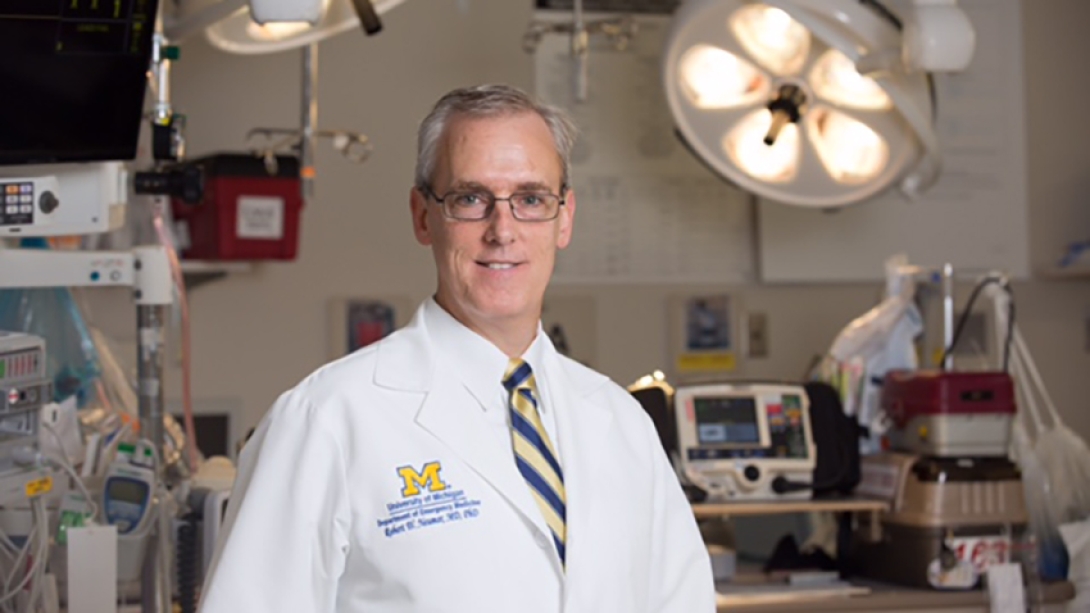
"I became a physician-scientist because I wanted to have the ability to solve peoples' medical problems both directly through patient care and on a broader scale through discovery of new therapies."
Neumar is a professor and chair of emergency medicine and a physician in the Department of Emergency Medicine.

Explore a variety of healthcare news & stories by visiting the Health Lab home page for more articles.

Department of Communication at Michigan Medicine
Want top health & research news weekly? Sign up for Health Lab’s newsletters today!
